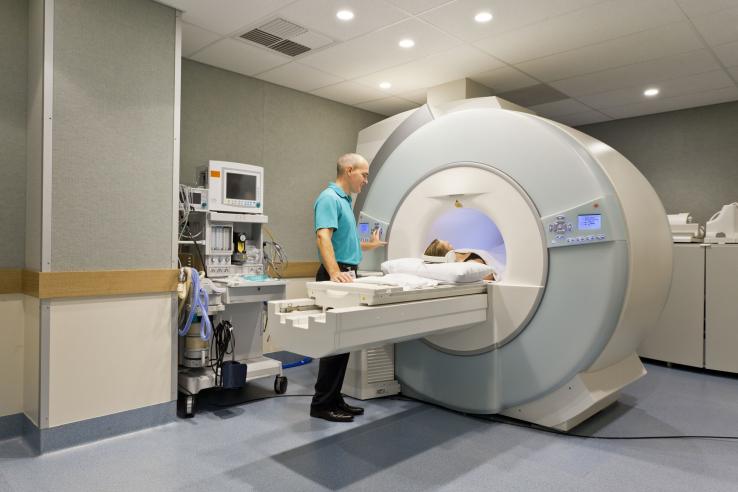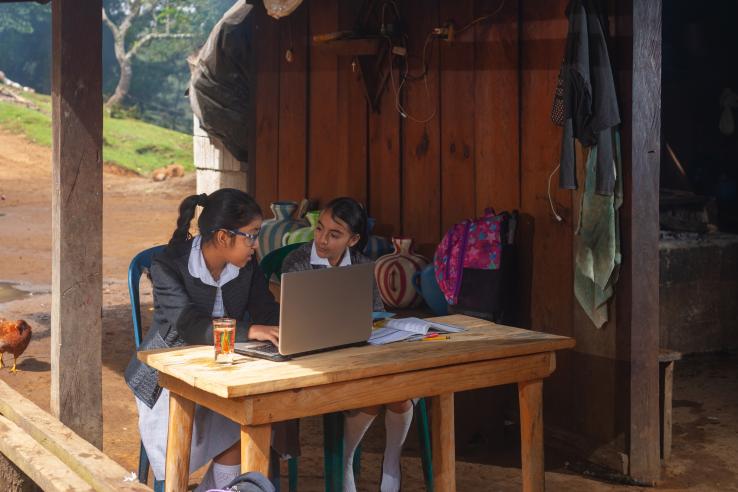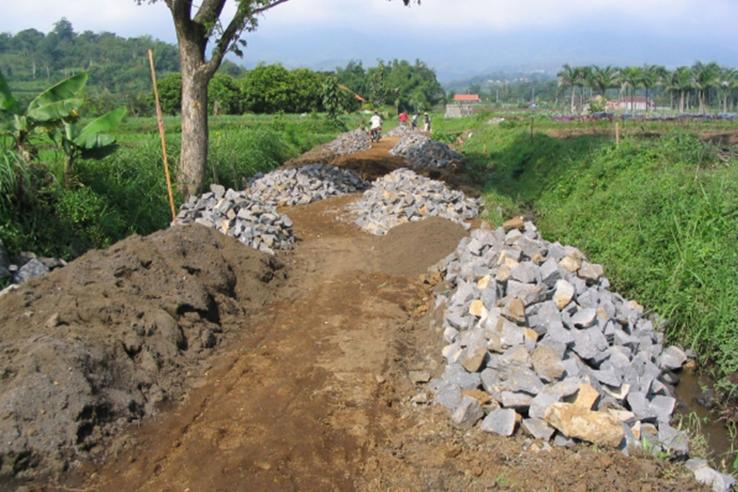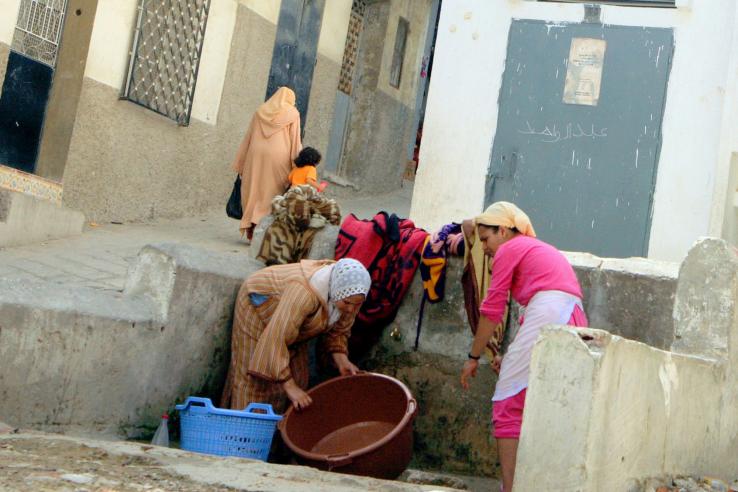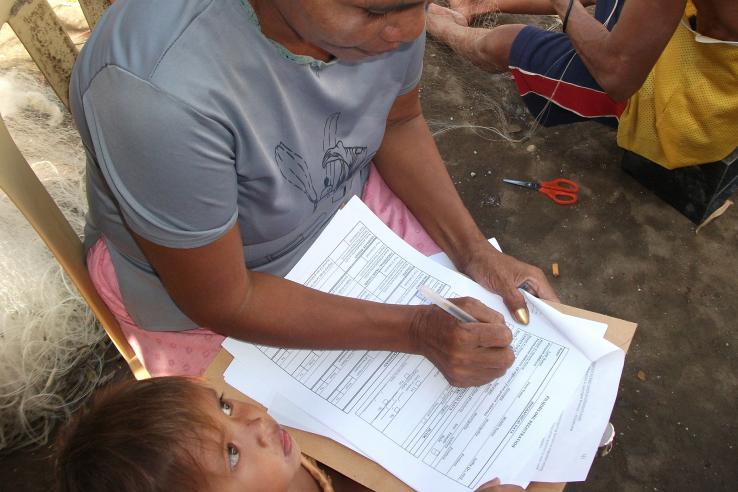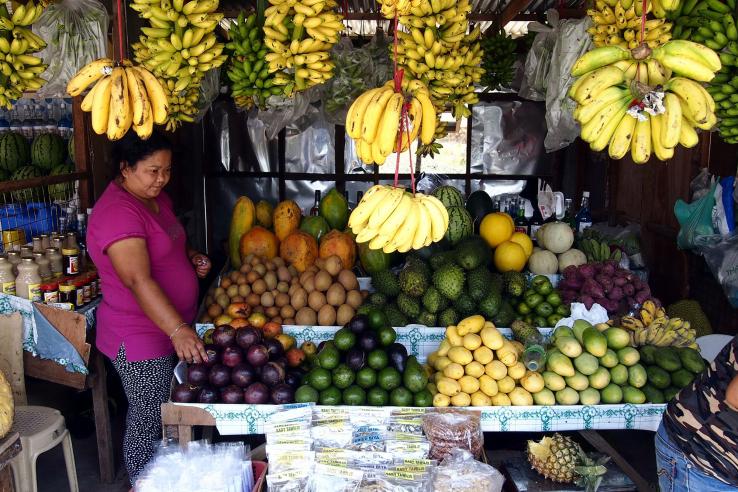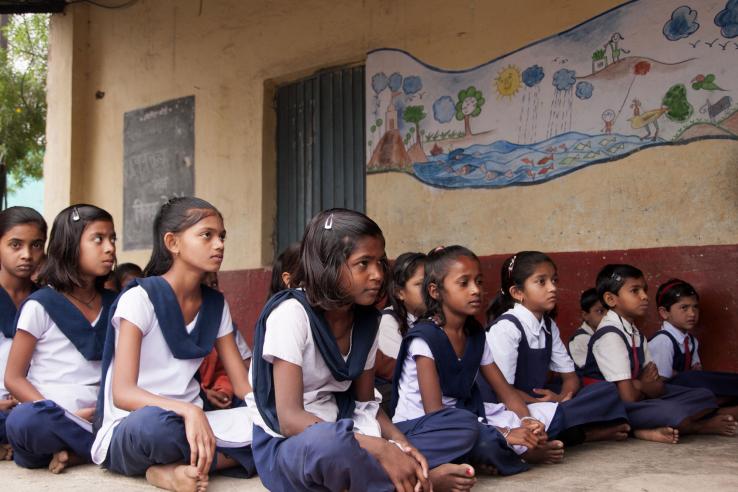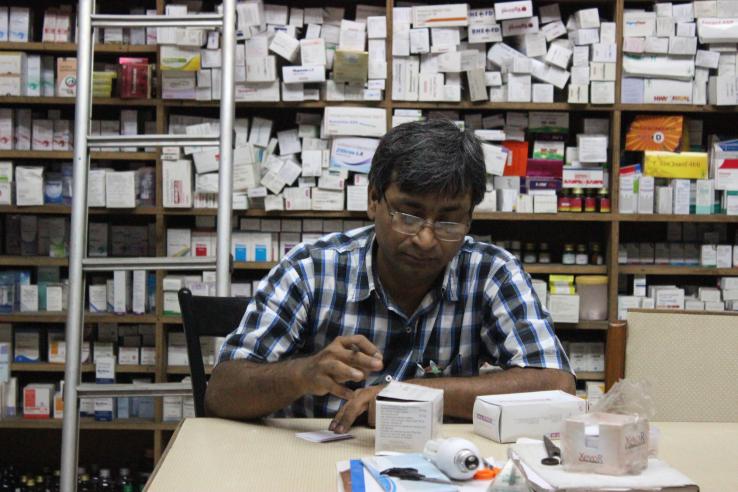Displaying 1096 - 1110 of 1291
Evaluation
Researchers studied the impact of a clinical decision support software system on high-cost imaging orders. They found that clinical decision support reduced the number of high-cost scans targeted by the software but did not change the total number of high-cost scans ordered.
Evaluation
Researchers partnered with a large sugar cane company to see if delaying the premium payment until after the harvest would increase farmers’ demand for insurance. Researchers found that farmers were much more likely to purchase insurance when the payments were delayed until after the harvest.
Evaluation
In Colombia, researchers evaluated the impact of an online sexual health course implemented in public middle schools on adolescents’ sexual health knowledge, behavior, and attitudes towards sexual health. The study showed that the online course led to improved sexual health knowledge and attitudes, and increased the likelihood that students redeemed vouchers for condoms, an important precautionary behavior.
Evaluation
J-PAL affiliate Benjamin Olken (MIT) devised a method to measure corruption and used it to evaluate alternative strategies to reduce corruption on Indonesian roadbuilding projects. The evaluation tested two types of strategies: encouraging community participation and increasing the probability of centrally-administered audits. The results suggest that community participation should not be seen as a panacea for corruption, while also demonstrating that even entrenched corruption can be reduced.
Evaluation
Researchers are conducting a randomized evaluation to test the impact of a nursing skills training program targeting female youth based in Assiut and Sohag, Egypt, on employment outcomes on the treated group and more importantly, their local social network.
Evaluation
Researchers conducted a randomized evaluation to look at the effect of private connections in a setting where most households already had access to high-quality water through public taps. They found that households had a high willingness to pay for piped water, and while home water connection had no impact on waterborne illness, households' self-reported happiness improved substantially.
Evaluation
Researchers are examining the impact of offering health insurance through a microfinance institution on clients’ health behaviors and health outcomes, as well as on the institution’s profit, client retention, and default rates.
Evaluation
Researchers found that both individuals with higher moral standards and individuals who were the least naïve displayed lower default rates than other groups. They also found that survey-based social capital measures did not predict loan default for these individual loans, contrary to the results from a prior study of group loans. Additionally, researchers found that more general personality index measures were not good predictors of default.
Evaluation
Researchers partnered with the Honduran government to evaluate the impact of replacing textbooks with laptops on student learning. Using laptops resulted in no change in learning outcomes, suggesting that laptops could be a cost-effective substitute to textbooks if they can replace enough textbooks.
Evaluation
In this randomized evaluation in Rajasthan, India, researchers examined the effectiveness of five interventions on police performance: limiting administrative transfers; rotating duties and days off; elevating community involvement; incorporating on-duty training; and implementing “decoy” visits by survey enumerators. While decoy visits and trainings improved police performance, the other three interventions were inconsistently implemented and had no detectable impact.
Evaluation
In India, researchers measured the impact of providing vouchers to attend private schools on student learning. Students who won vouchers had test scores that were 0.13 standard deviations higher across all subjects.
Evaluation
Technology adoption often requires investments over time. As farmers realize new information about the costs and benefits of investments, they may abandon the newly adopted technology shortly after. Researchers partnered with the non-governmental organization Shared Value Africa and Dunavant Cotton Ltd to investigate the effects of subsidies and follow-through rewards on the adoption of an agroforestry tree species.
Evaluation
In India, researchers evaluated the impact of biometric tracking devices in tuberculosis (TB) care centers on patient adherence to treatment, provider performance, and data quality. Biometric devices increased patient adherence to TB treatment and provider performance.
